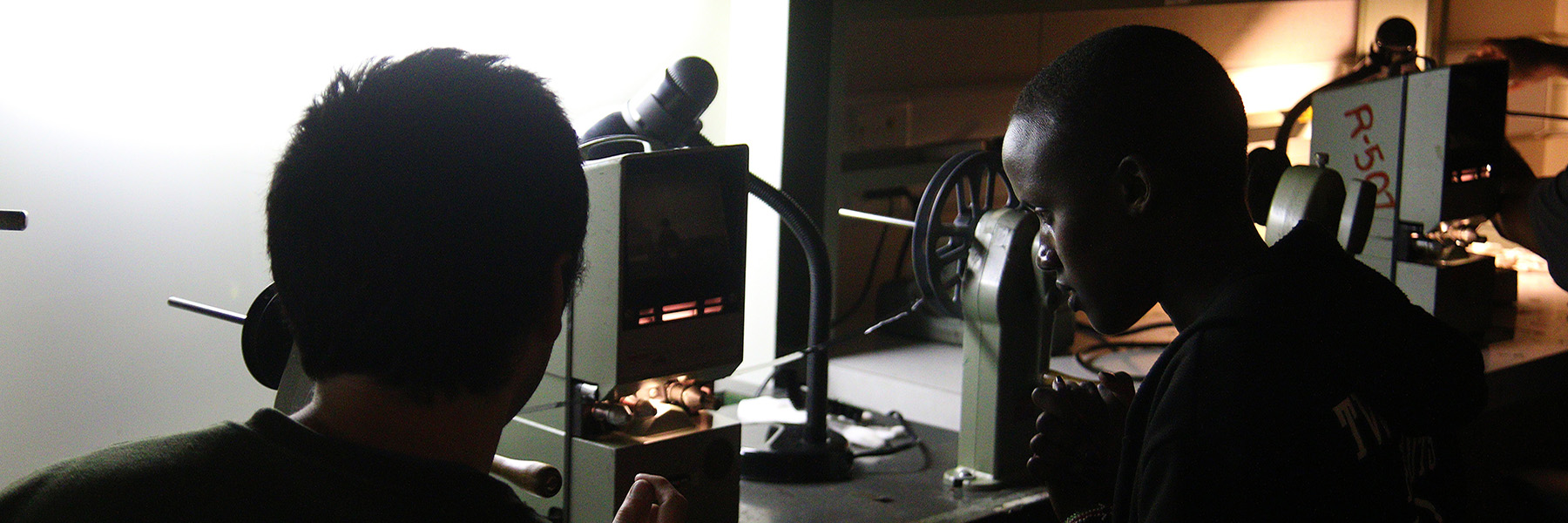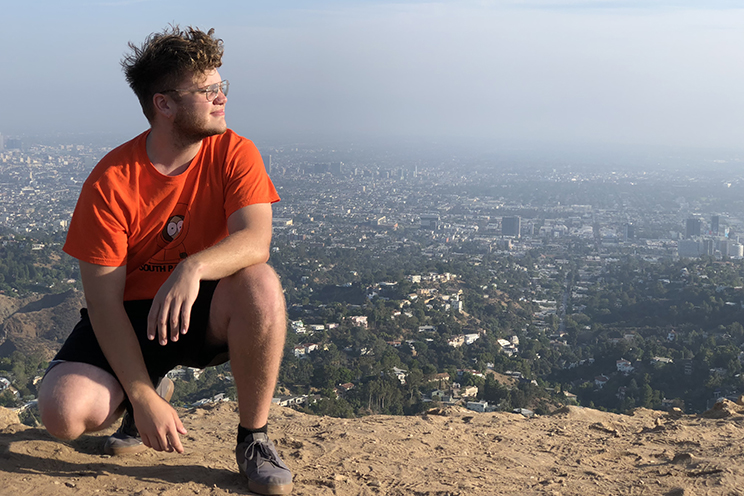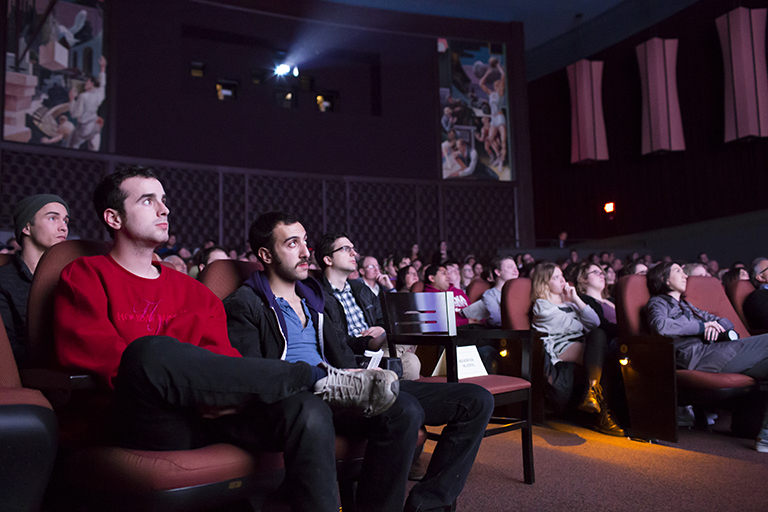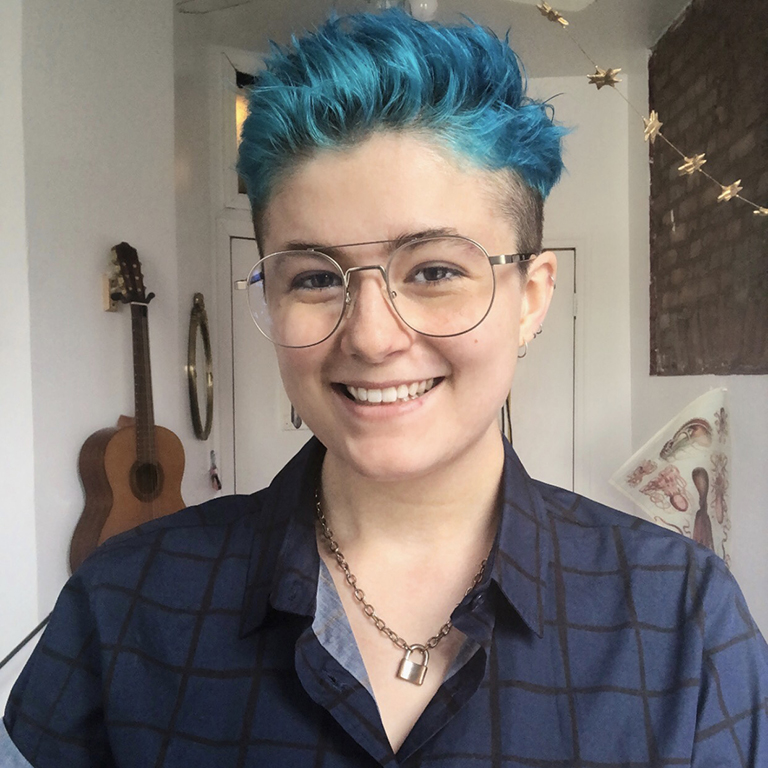Description of the video:
Screen shows home video film.
Text: Cherish the mundane,
Screen shows ultransound.
Screen shows mom holding a child in a hospital.
Voice on video: Say cheese.
Jacob: If you could go back and do it all again — Hey, you're hiding — Would you?
Screen shows sunrise.
Jacob: Would you want to relive each moment that you took for granted? Would you stretch a single moment into thousands, Just to appreciate the nature of it?
Screen shows baby being held.
Voice on video: Hey, Jacob.
Jacob: Would you cherish the mundane? What is it about so many of our childhoods that makes us wish we could go back. Was it the innocence of not knowing? The beauty of so many forgettable moments?
Black screen is seen.
Jacob: Or is it because you want to be able to remember and relive things you can't?
Screen shows a clock ticking.
Screen shows a young child on home video film,
Jacob: To make tangible that which has gone. But now, as you sweep the kitchen floor at your first apartment, do you think about the fact that one day you won't live there anymore?
Screen shows a child sitting on their father’s lap.
Jacob: As you're filling your pet's food bowls on a Tuesday morning, are you thinking about the fact that at some point in time you won't get to anymore? And as you're hanging up the phone, are you thinking about the possibility that your last goodbye can come at any time?
Screen shows an infant being held in the hospital.
Screen shows a child sitting on a chair alone.
Jacob: Have you ever thought about the last time you were held by your parents? That one day they picked you up and then put you down. And you've been on your own since. You weren't thinking about it then, and you're not thinking about it now, and it makes you sad.
Screen shows home video of two young children.
Jacob: But you shouldn't be thinking about it. Because as Vision said in the hit TV series Wandavision, what is grief if not love, persisting?
Black screen is seen.
A heartbeat is heard.
Screen shows home video of a child crawling.
Jacob: We don't get to choose which moment stay and which moments are fleeting. And that's what's so special about them.
Screen shows home video of child smiling.
Jacob: It's impossible to truly appreciate a good thing if it hasn't gone. And conversely, when a good thing goes, it's only to make room for another one. It just so often happens that we live with our heads buried so deep in the sand, we forget to look for that next thing. And then by the time it's passed us, we regret not having cherished it.
Black screen is seen.
Screen shows home video clips at a beach.
Screen shows a clock ticking
Jacob: Consciousness is our greatest enemy. In being aware of our existence, we have the very essence of it robbed from us. If there's one thing I've learned, it's that the happier you are, the sadder you end up.
Screen shows home video of a mom in the hospital holding her newborn.





